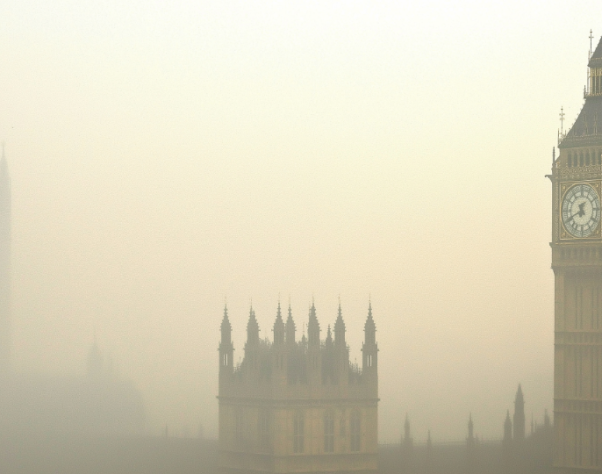World Menopause Day 2022: Stop the stigma
By Melanie Klenk, Group Head of Healthcare
What we think about the menopause says a lot about how we think about aging women: stop the cultural shaming
You will likely know October is global Breast Cancer Awareness Month. Almost everyone I know knows someone who is affected by breast cancer. Many breast cancer initiatives around the world happen in October, and it is imperative to keep raising awareness for self-examination, prevention and treatment of breast cancer. Our thoughts are with our friend and colleague Emily, who is currently fighting it.
What you may not know, however, is that October is also Menopause Awareness Month.
Menopause is a fundamental part of a woman’s life. Let’s stop stigmatising and shaming women
Menopause, of course, is neither an illness nor a life-or-death situation. It’s a natural stage of life that affects almost all women at some point. You might think this means we’d be able to talk about menopause openly. But this fundamental part of women’s lives is still very much stigmatized and full of taboos. Much of this comes from cultural shame of aging: the belief that once women get older, they lose their attractiveness and fertility, they are dried up and become utterly devoid of sexual attraction or vitality.
Until a few years ago, women in the prime of their lives and older women have been outright overlooked by all kinds of industries, healthcare included. Even trained gynaecologists in most countries have not been formally educated on menopause, although the hormonal transition affects all their patients. Fortunately, things have started to change – World Menopause Awareness Day on 18 October is evidence of increasing advocacy on this topic in the last decade. Menopause should get more attention, and not just in October each year. In the weeks to come, we will start bringing some light into the darkness, or oblivion in some cases, of menopause. We will make you pause for menopause.
Stigma of the menopause has led to a significant knowledge gap
It’s shocking how little many of us know about the menopause. Based on conversations with my own networks, I found that:
- Many women are scared of the menopause. What they know is that the media and movies (Samantha in SATC, anyone?) ridicule the hot flashes, as if it was the only thing to worry about because sweating is unattractive. More importantly, they know very little about menopause, when it starts, what changes to expect and what signs and symptoms to look out for. They also aren’t seeking information proactively, which in turn, means they often don’t really know what they’re scared about.
- Men know very little at best, if not nothing, about the menopause. Some said they recall their mothers experiencing it but they’re not quite sure what it meant for them, others said all they know is that it’s when infertility starts around the age of 50.
Of course, this is not a representative study, however wide-scale research confirms a knowledge gap among all genders and age groups. I must admit the thought of menopause made me a bit anxious until I did my own research, in part because of the significant health impact it has had on my own mother for more than 15 years now. Societal discourse says the menopause hits women in their 50s, but that’s another of those misconceptions. It often starts much earlier. There’s also a distinct lack of positive stories about menopause out there that people can relate to.
The menopause is largely neglected as an economic, workplace, and diversity and inclusion issue
This knowledge gap represents a major issue in the workplace. Women in the age bracket typically experiencing menopause transition are also the fastest-growing employee group in the labour market. People going through menopause can often be at the peak of their careers, representing a highly skilled and experienced talent pool.
According to a recent study:


Additionally, three in five (59%) working women between the ages of 45 and 55 who are experiencing menopause symptoms say it has a negative impact on them at work. 30% said they had been unable to go into work because of their symptoms, but only a quarter of them felt able to tell their manager the real reason for their absence.
Supporting women through menopause transition therefore must move up corporate agendas as well. Supporting women means taking care of employee health and wellbeing at work, encouraging the economic participation of all genders, and equality and inclusion in the workplace.
We need to normalise the menopause and provide support in the workplace
There are steps businesses can, and should, take to support the women in their workforce:
- Offer guidance on early menopause through support programs, training and education for women in the workforce and on recognising the first signs
- Put menopause policies in place and make it an integral part of D&I efforts
- Educate and train all employees and embrace having open and honest dialogues to reduce the stigma associated with menopause
Help everyone to be their best at work, and appreciate each woman’s menopause experience is different.




